Earlier this week, Power of Zero, a new global campaign calling for zero violence, zero hate and zero bullying from age zero launched in New York City. Microsoft was on hand to support the lead organization NoBully and to promote civility and positive online behaviors among children, young people and all digital citizens.
The launch, held at UNICEF headquarters, follows nearly two years of research and planning in conjunction with technology companies, nongovernmental organizations and other groups focused on creating a global movement to combat online bullying and harassment. Collaborative efforts began at a global strategy session in London in April 2017.
“There is growing recognition that we have to invest in our youngest children and give them the foundation they need to thrive in this interconnected world,” says Nicholas Carlisle, founder of NoBully and campaign president for Power of Zero. “Power of Zero is about making digital civility – a concept pioneered by Microsoft – global. In this launch phase, we will be able to bring ‘The 12 Powers’ to young children across North America and then extend the campaign with the help of our partners into Southeast Asia, India, Latin America and beyond.”
In partnership with Scholastic, Power of Zero is providing early childhood educators and families with learning resources to help them leverage their “powers for good.” Critical thinking, inclusivity, respect and resilience are four of the 12 powers the program recommends to help children thrive in a digital world.
As part of the launch event, Power of Zero held a panel discussion with representatives of the technology industry, as well as UNICEF. I participated on behalf of Microsoft, along with representatives from AT&T, Facebook and Hasbro, all of which are also members of Power of Zero’s steering committee. The panel was moderated by Dr. Lewis Bernstein, a longtime research and education executive from Sesame Workshop.
We discussed the risks and opportunities that children and young people face online daily, as well as the need to instill values in young people at the earliest of ages. Some key themes that emerged included the need for parents and trusted adults to be involved, early and often, in children’s online activities; that children and teens needed to be equipped – skills-wise and attitudinally – to deal with online issues like fake news, misinformation, bullying and fraud, and the belief that a true, multistakeholder effort like Power of Zero has a strong chance of breaking through and inspiring adults to invest and assist children with their online growth and development.
Microsoft’s latest research, released Feb. 5, shows that now more than ever, teens are turning to parents and other adults, including teachers, coaches and counselors for help with online issues. This finding needs to stand as a testament that kids need help navigating the online world. What a better way to help arm them than with resources like those developed by Power of Zero.
Digital civility underpins Power of Zero
Microsoft was eager to join the Power of Zero collaboration and to support the campaign for two primary reasons. First, it fills a gap by targeting as its peak demographic children who are basically online as soon as they’re able to hold a cellphone. The debate is wide open as to whether such early online activity is advisable, but there can be no debate that it is, in fact, happening. Second, Power of Zero closely aligns to our own global campaign now entering its fourth year. At Microsoft, we seek to create a “human platform” to foster digital civility, online interactions among all people that are rooted in respect, inclusivity and kindness.
Along with other campaigns and online safety activities, our digital civility work builds on some of our earlier efforts to prevent and fight back against online bullying and harassment. We’ve been committed to combatting cyberbullying for more than a dozen years, conducting research in 25 countries, creating tools and resources to help parents and others identify and address online bullying incidents, and we’ve participated in international conferences and events designed to raise awareness and share best practices among key stakeholders.
Learn more
When faced with online bullying, we encourage young people to talk to adults, and we call on adults to listen, suspend judgment and plan any response or action plan together. We also ask adults to remember to model civil and respectful behaviors both in person and online.
To learn more, visit the Power of Zero and NoBully websites, and consult these Microsoft resources: fact sheet, second fact sheet, presentation deck, research paper. For more on online safety generally, visit our website and resources page. And, for regular news and information, connect with us on Facebook and Twitter.
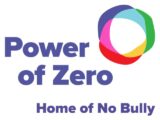

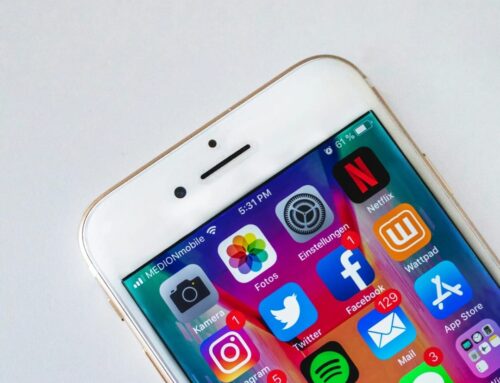

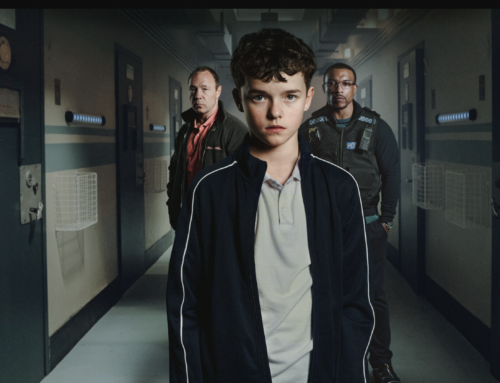
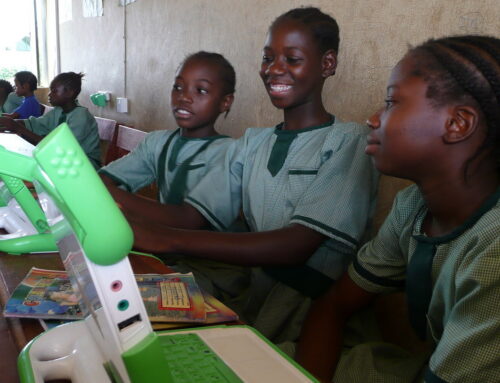
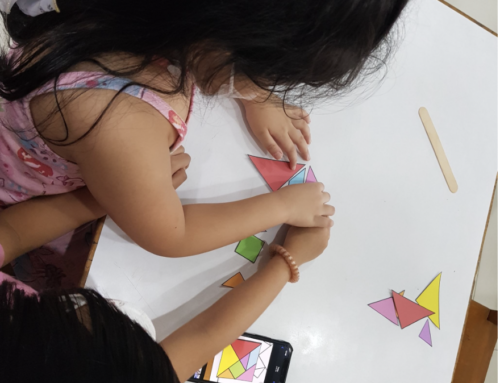
Leave A Comment